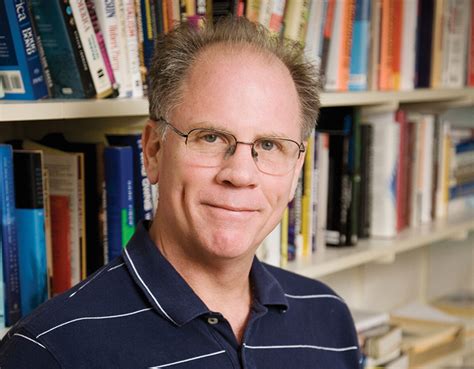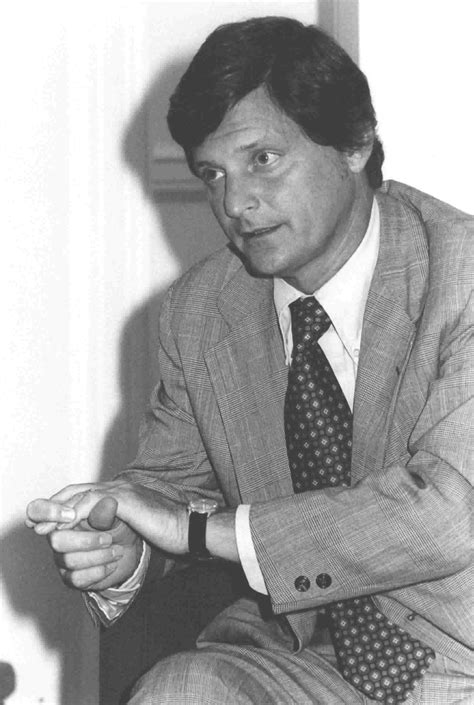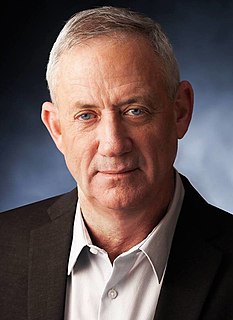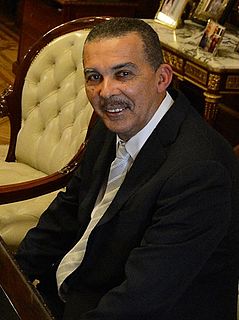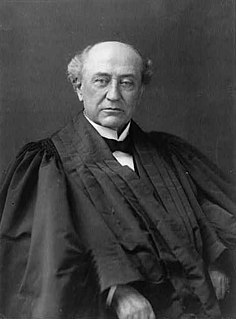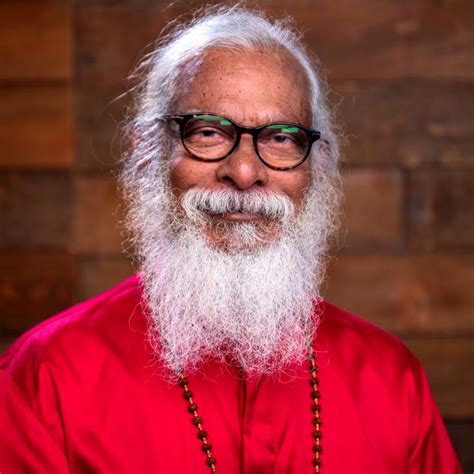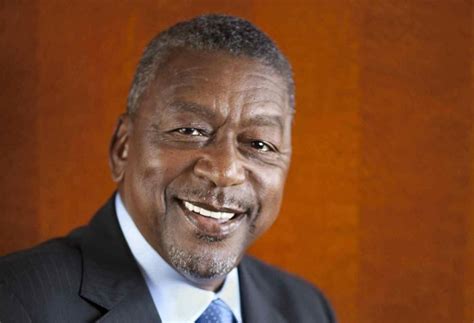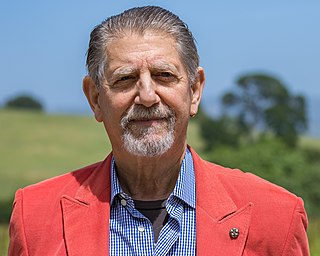Top 1200 Social Institutions Quotes & Sayings - Page 3
Explore popular Social Institutions quotes.
Last updated on December 11, 2024.
The concept of historical necessity is the product of rational thought and arrived in Russia by the Western route. The idea of the noble savage, of an inherently good human nature hampered by bad institutions, of the ideal state, of social justice and so forth - none of these originated or blossomed on the banks of the Volga.
I have therefore come to the opinion that the most reasonable recourse for the humanization of society and its institutions is to abandon them and begin again to build a society with a just, equitable and compassionate economy with justice, equality, and reverence for all life insured by the goals and forms of all its institutions.
Among the more irritating consequences of our flagrantly religious society is the special dispensation that mainstream religions receive. We all may talk about religion as a powerful social force, but unlike other similarly powerful institutions, religion is not to be questioned, criticized or mocked.
But there is nothing idealized or romantic about the difference between a society whose arrangements roughly serve all its citizens (something otherwise known as social justice) and one whose institutions have been converted into a stupendous fraud. That can be the difference between democracy and plutocracy.
I think it's very important to emphasize that there are many, many different educational institutions in what we call higher education, and they educate an enormous diversity of students. I think all of those institutions have to define particular roles for themselves; they can't do everything at once.
Social and cultural change, however desirable, should not be effected by the engines of national power. Let us, through persuasion and education, seek to improve institutions we deem defective. But let us, in doing so, respect the orderly processes of the law. Any other course enthrones tyrants and dooms freedom.
Institutions develop because people put a lot of trust in them, they meet real needs, they represent important aspirations, whether it's monasteries, media, or banks, people begin by trusting these institutions, and gradually the suspicion develops that actually they're working for themselves, not for the community.
Financial institutions are not being bailed out as a favor to them or their stockholders. In fact, stockholders have come out worse off after some bailouts. The real point is to avoid a major contraction of credit that could cause major downturns in output and employment, ruining millions of people, far beyond the financial institutions involved. If it was just a question of the financial institutions themselves, they could be left to sink or swim. But it is not.
If the widespread attempts to block Brexit gave us a glimpse into how fragile our commitment to democracy had become - reduced to a technocratic in-name-only veneer - reactions to Covid are a stark reminder that freedom cannot be assumed as a social norm that's deeply embedded into our institutions and our psyche.
It's unreasonable to me that there's a government in which the culture minister attacks the institutions she's responsible for. The justice minister attacks the institutions she's responsible for. The internal security minister attacks the institutions he's responsible for. The Cabinet attacks the IDF, and the prime minister attacks everyone.
The poverty we see in America is now too widespread, and too complex, for easy fixes. But I do think we can reimagine many of our institutions and can create new ones in ways that would be effective. We could, for example, create social insurance systems, similar to social security, such as that we went through in 2008-9. We could create a financial transaction tax, oil profit taxes and a fairer estate tax system, and we could plow much of the revenue raised from these into job training programs, into better education infrastructure, into an expanded Earned Income Tax Credit.
For one to be free there must be at least two. Freedom signifies a social relation, an asymmetry of social conditions: essentially it implies social difference--it presumes and implies the presence of social division. Some can be free only in so far as there is a form of dependence they can aspire to escape.
I worry a great deal about all of those surveys that are out that Americans, in particular, are becoming distrustful of our institutions - that Americans are beginning to say they're either irrelevant or they're corrupt or they certainly don't speak to me. But the institutions are actually still functioning.
Preaching has always been the business of the Asiatics. The Western people are grand in organisation, social institutions, armies, governments, etc.; but when it comes to preaching religion, they cannot come near the Asiatic, whose business it has been all the time, and he knows it, and he does not use too much machinery.
I remember in 2000, when President Clinton came to Cartagena just before Plan Colombia started, the country was on the verge of becoming a failed state. Today, we are one of the most solid democracies, where institutions are working, where the scandals such as false positives have come to light because of those functioning institutions.
Of the maxims of orthodox finance none, surely, is more anti-social than the fetish of liquidity, the doctrine of that it is a positive virtue on the part of investment institutions to concentrate their resources upon the holding of 'liquid' securities. It forgets that there is no such thing as liquidity of investment for the community as a whole.
Right, we've got these institutions of media, these financial institutions, we have the means of distribution, we have the means of production, we have all these markets and maxims in place. How do we alter the consciousness, the fundamental unifying field? How do we influence change on that level to all of the world?
Female heterosexuality is not a biological drive or an individual women's erotic attraction or attachment to another human animal which happens to be male. Female heterosexuality is a set of social institutions and practices... Those definitions... are about the oppression and exploitation of women by men.
We spend all this energy keeping our lives normal and safe and predictable, and the result is that our approved cultural safety valve is the movies. So in films, anyway, the hero is obliged to represent the continuance of social values and institutions, and his permission to act is much more seriously limited than the villain's.
Whatever you want to call it, socialism, liberalism, this is who they are. They corrupt everything. Folks, their targets are the institutions and traditions that have given the world its morality, its virtue. The institutions and traditions which have defined freedom and liberty. That's what the left attacks.
